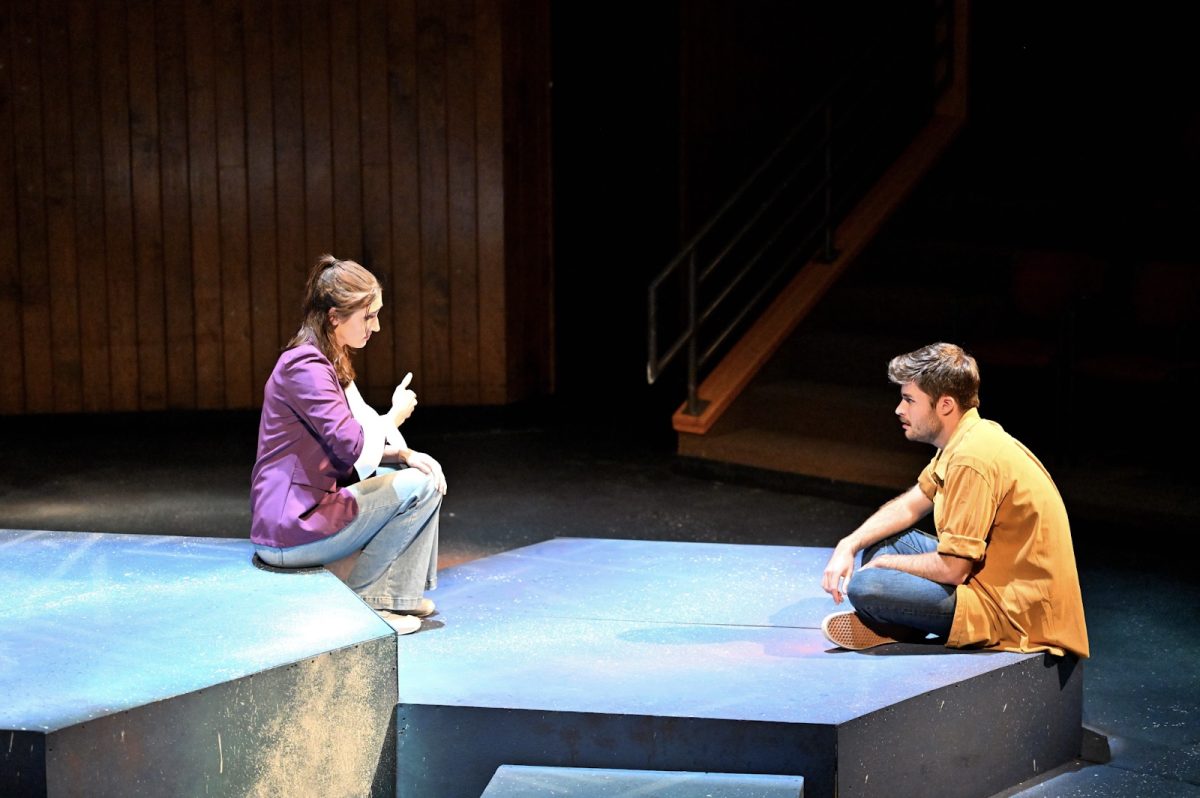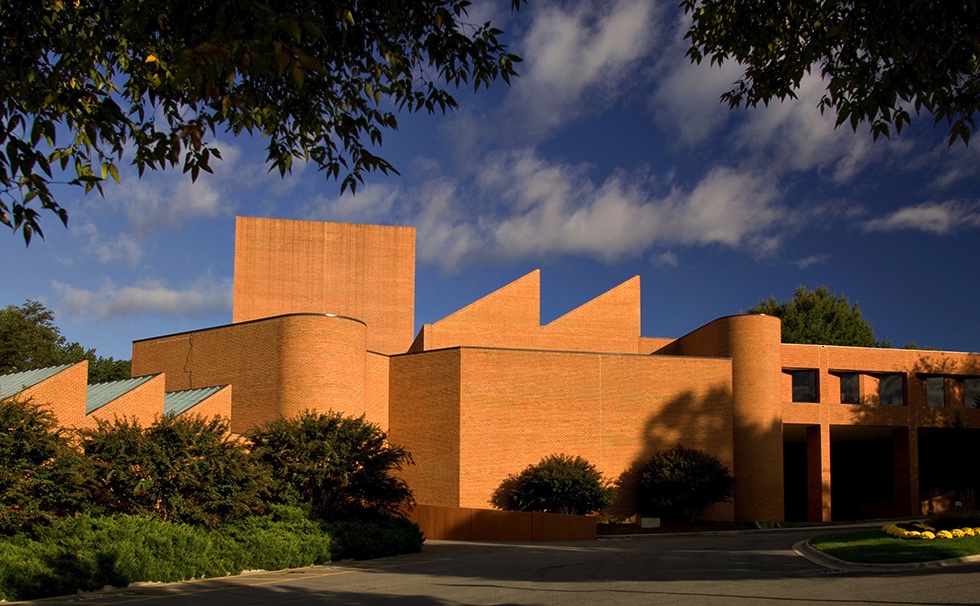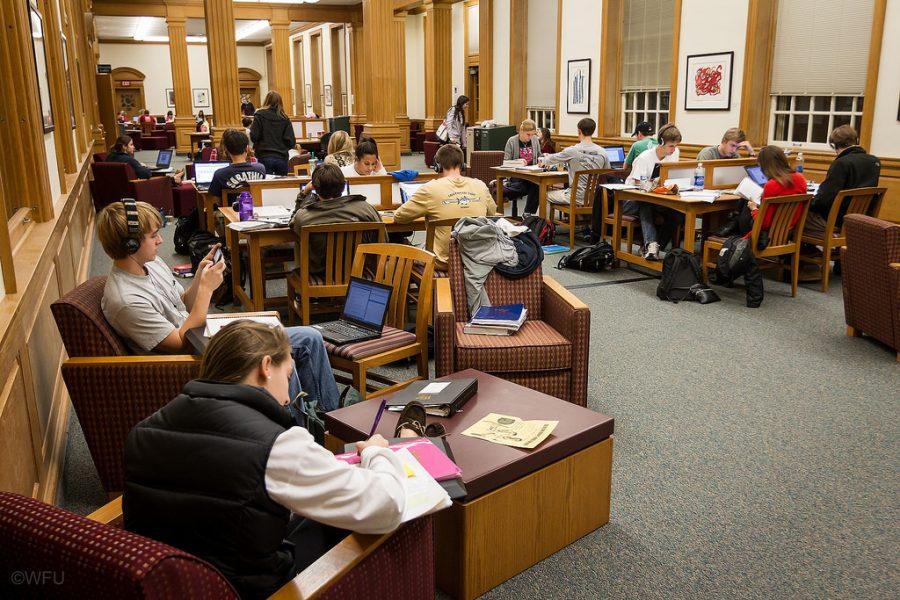There are a number of student-led groups that focus on Wake Forest’s sustainability efforts and overall environmental issues, including Greeks Go Green, Sustainability Student Ambassadors and Deacon Dining Connection among others.
Greeks Go Green was founded in 2011, striving to educate and integrate sustainability initiatives into Wake Forest’s Greek community. A representative from several fraternity and sorority chapters are responsible for raising awareness and creating outreach initiatives within their organizations.
The Greek Community on Wake Forest’s campus makes up 49 percent of the student body and with their involvement in Greeks Go Green, the goal is for peer education and an increase in student engagement.
Sorority and fraternity members they have a major role in making any campus initiative successful. Although there is a presence among the Greek community in green issues, sustainability initiatives appear to remain mostly static.
As a result of climate change, sea-levels are rising and erratic weather is occurring. On a campus the size of Wake Forest, the initiatives to reduce overall energy waste and increase in recycling makes a difference.
“I believe that Wake Forest students are not as involved in sustainability as they could be because of a problem with awareness,” said junior Zoe Helmers, a Greeks Go Green representative. “It is so easy for students to get involved, if they want to know more about sustainability on campus or events held, we have a lot that are really interesting.”
With academics and extracurricular activities being such prominent aspects of campus life, students find that sustainable behaviors are not always a top priority.
“There is a gap between action and caring because a lot of Wake Forest students are too busy, so with Greeks Go Green we want to align sustainable initiatives into people’s daily schedules and make it more convenient,” said junior Emma Hughes, Greeks Go Green coordinator. “Greeks Go Green is trying to achieve that making those very simple actions like recycling and reducing energy use aware in the Greek community.”
Although a few Greek organization chapters are more proactive than others with sustainable outreach and education, it is not enough to move the needle on the issue because of this imbalance.
Peer education is the initial step in spearheading the daunting issue. The hope is for awareness to advance into action within Wake Forest’s community.
The Office of Sustainability’s goal is to continue to ramp up numbers with student involvement and gain momentum on existing initiatives.
“Last year we had a dedicated core group and we’ve had a lot of students this year come to us at our office about getting involved,” said Brian Cohen, Office of Sustainability’s program coordinator. “Volunteer turnout this year has exceeded our expectations.”
There are a number of ways to get involved on campus, whether you want to volunteer for an event, join a club or just practicing sustainable behaviors on your own.
Being environmentally conscious about energy use and properly disposing waste doesn’t necessarily take much effort. However, adopting and integrating sustainable behaviors requires awareness.
“In order to get action among students, people need to have knowledge,” Hughes said. “You don’t need someone who really cares about the environment to throw a Coke can or water bottle into a recycling bin, but if they start doing that more often those simple actions make a difference.














